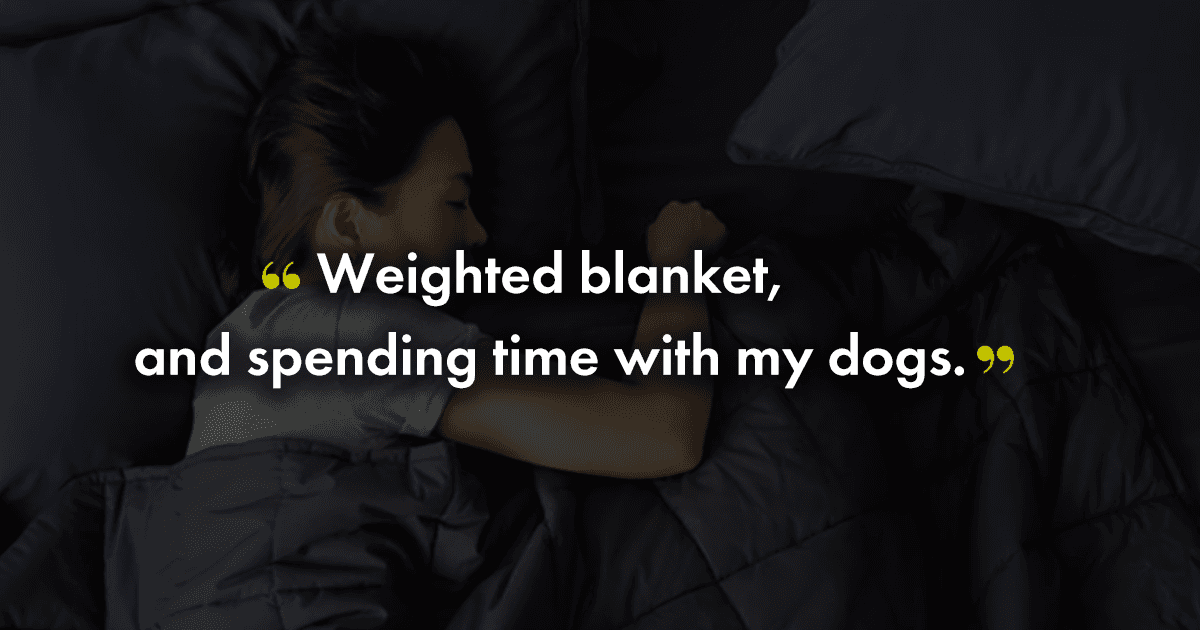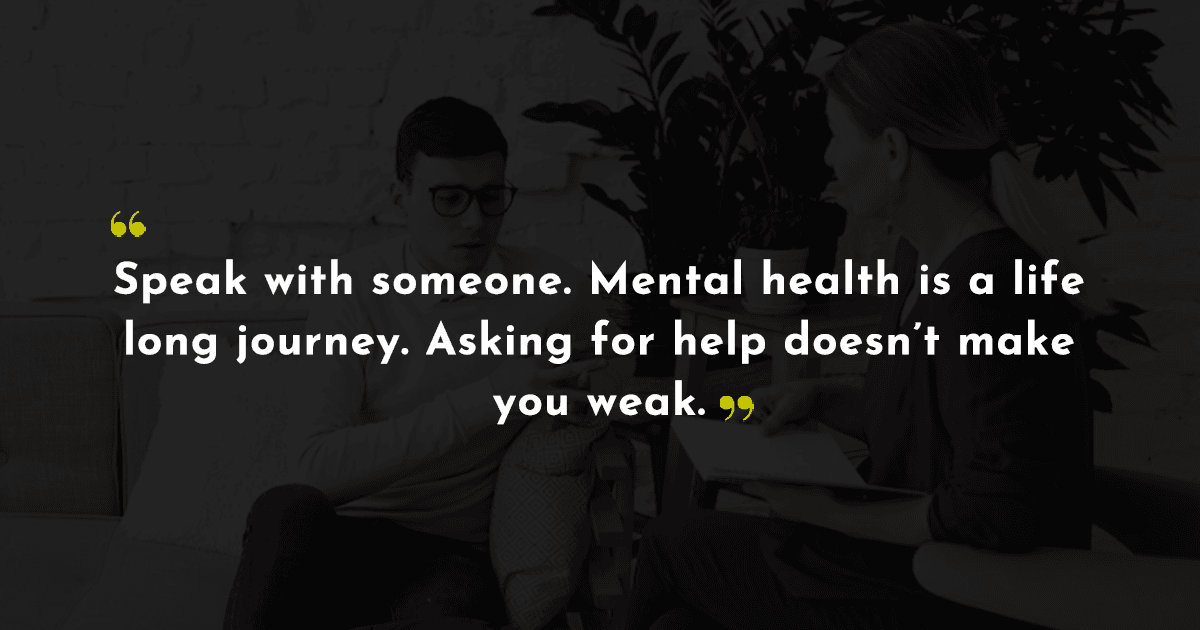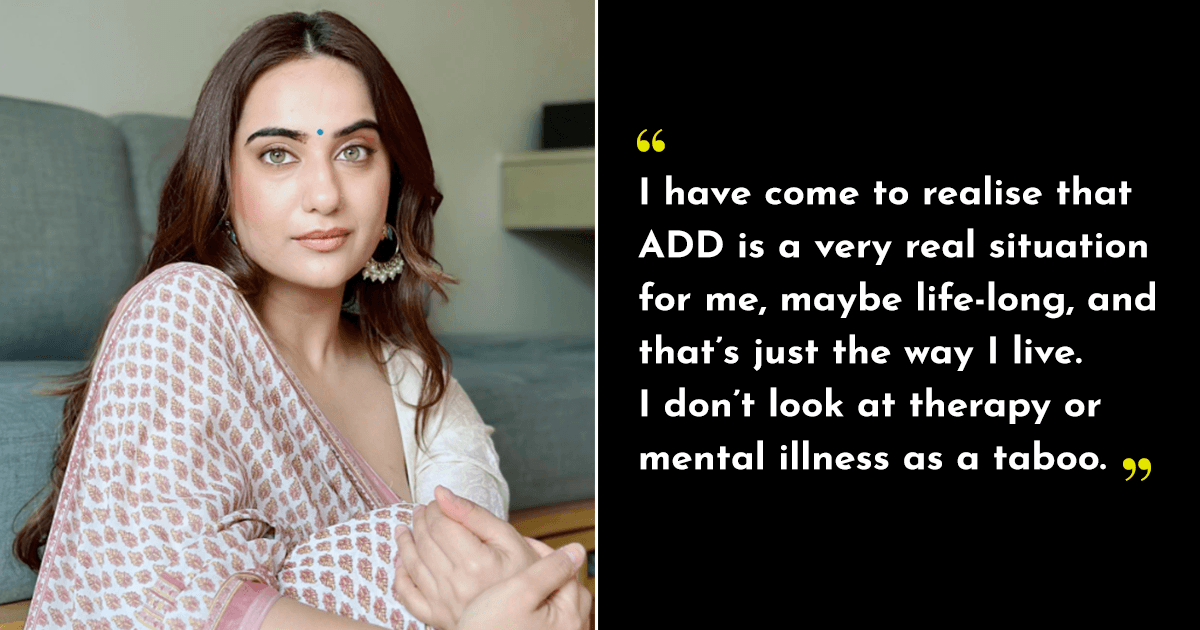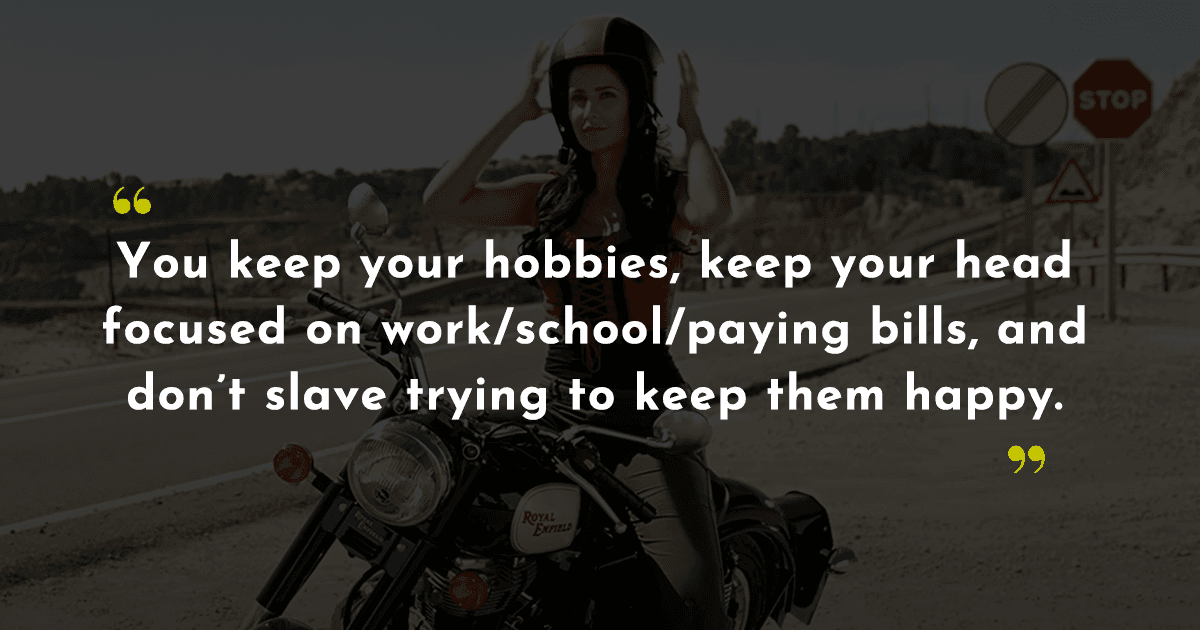When it comes to films and web series, we rarely think about how playing a certain role impacts actors and their mental health. Sadly, sometimes we forget that just like the rest of us, actors and celebrities are also vulnerable to their surroundings and environment. They’re human too, after all.
Disclaimer: The information ahead might be distressing and triggering to read, please proceed with caution.
In fact, so many actors have opened up and talked about times they struggled with their mental health because of the lasting impact a role had on them. So, let’s take a look at how certain roles affected actors’ mental health. Read on.
1. Joaquin Phoenix as Arthur Fleck in Joker
Playing a character who is extremely psychologically troubled couldn’t have been easy and Joaquin Phoenix has also spoken up about the same in an interview.
The first thing was the weight loss, that’s really what I started with. As it turns out, that impacts your psychology, and you really start to go mad when you lose that much weight in that amount of time.
-Joaquin Phoenix told ET Canada
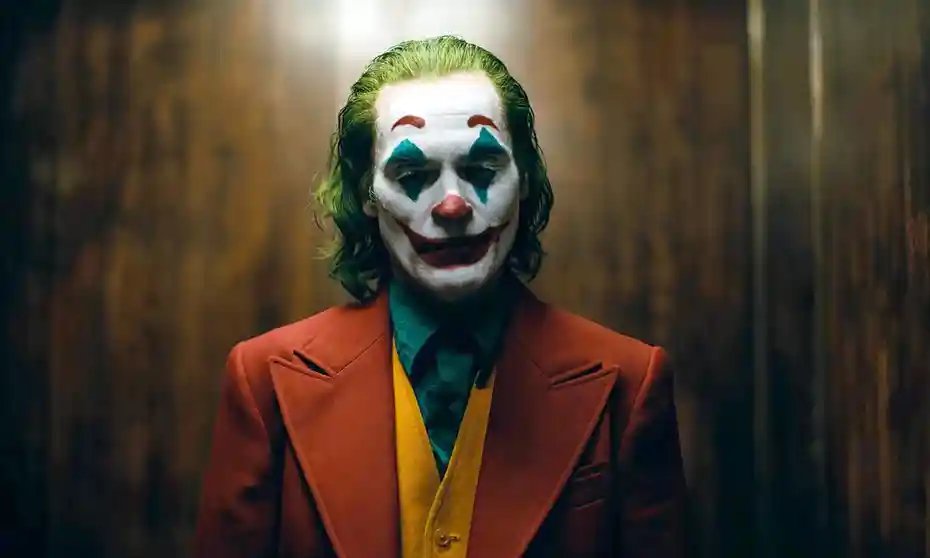
2. Anne Hathaway as Fantine in Les Misérables
In an interview, Anne Hathaway described how she had to loose 10 pounds to play Fantine in Les Misérables and how that impacted her mental health gravely.
I was in such a state of deprivation – physical and emotional. When I got home, I couldn’t react to the chaos of the world without being overwhelmed. It took me weeks till I felt like myself again.
-Anne Hathaway told Vogue

3. Christina Applegate as Jen in Dead to Me
The actor admitted that playing Jen in Dead to Me caused her quite a lot of emotional exhaustion and that she had to go to therapy post playing the character.
It tapped into some stuff that I had to face. It was cathartic. I don’t know if (it was) therapeutic… Did I start therapy after the show? Yes, absolutely.
-Christina Applegate told Variety
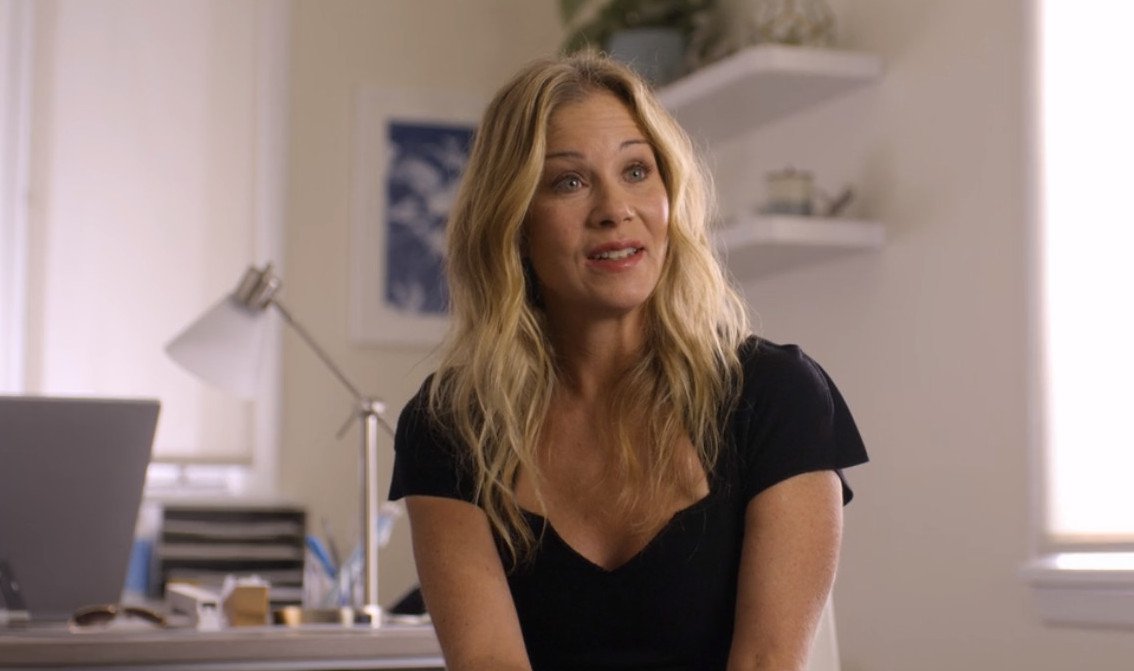
4. Dakota Johnson as Suzy in Suspiria
The actor talked about playing Suzy in Suspiria, and how going to therapy helped her resolve the heavy emotions she was left with post playing the character.
Fucked me up so much that I had to go to therapy… I find sometimes when I work on a project – and I don’t have any shame in [saying] this – I’m a very porous person and I absorb a lot of people’s feelings. When you’re working sometimes with dark subject matter, it can stay with you and then to talk to somebody really nice about it afterwards is a really nice way to move on from the project.
-Dakota Johnson told Elle

5. Adrien Brody as Władysław Szpilman in The Pianist
Actor Adrien Brody also opened up about how it took him six months to get out of not feeling the best after playing Władysław Szpilman in The Pianist.
There were times when I was concerned that I might not be able to get out of it sane, because I didn’t realise how far it had taken me… It took over half a year after the film was done to settle back into things.
-Adrien Brody told BBC
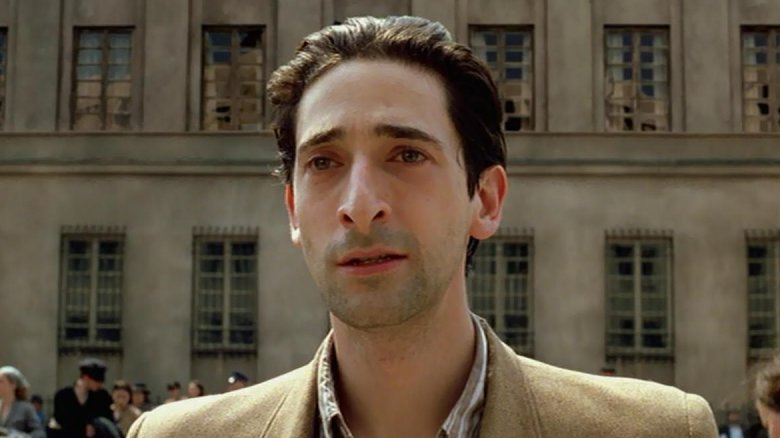
6. Kate Winslet as Hannah in The Reader
Winslet played the role of a Nazi camp worker in The Reader and admitted to having an intense experience after finishing the movie. She said that she felt very disconnected from herself post the film.
It was huge. I full-on broke down and thought, “I’m going to have to leave the room.”… We wrapped on July 12th, and I sort of walked away like some car crash victim who somehow hadn’t been hurt on the outside, but I felt like I couldn’t speak (about it). It was truly overwhelming. I really went somewhere. I was in some kind of a trance.
-Kate Winslet told Huffpost
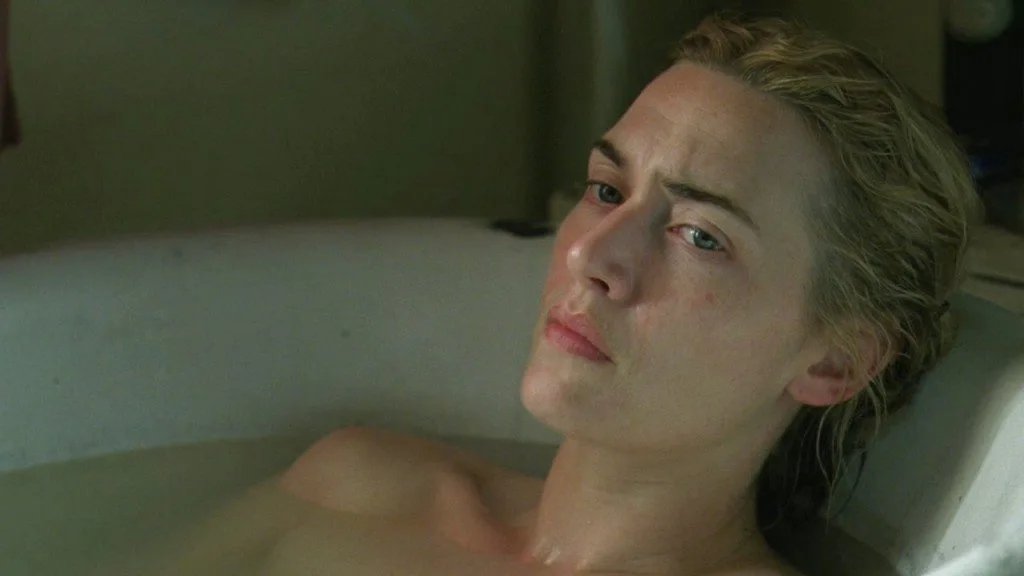
7. Michael B. Jordan as Killmonger in Black Panther
Michael B. Jordan said he isolated himself after playing Killmonger in Black Panther. But soon enough chose to start therapy to resolve residual emotions from playing Killmonger.
I shut out love, I didn’t want love. I wanted to be in this lonely place as long as I could… Everyone needs to unpack and talk.
-Michael B. Jordan told USA Today

8. Natalie Portman as Nina in Black Swan
Black Swan was an intense film, and Natalie Portman’s role was definitely a complex portrayal. So it makes sense that she felt so consumed by the character. The actor said that she experienced some severe affects from playing Nina.
It was the first time I understood how you could get so wrapped up in a role that it could sort of take you down… There were some nights that I thought I literally was going to die.
-Natalie Portman told Independent

9. Alex Wolff as Peter in Hereditary
Hereditary was an incredibly disturbing film, it was definitely not for the light-hearted. And, actor Alex Wolff said that he felt he had PTSD from playing Peter.
When I started talking about it, all these flashes with all this disturbing shit I went through sort of came back in a flood. It kept me up at night to where I got into a habit of emotional masochism to the point of just trying to take in every negative feeling I could draw from. I forced it upon myself rather than the opposite of what you’d usually do in life, which is sit on the heater until it starts to burn and you jump up immediately. I had to do the exact opposite of that and absorb the pain and let it burn. It’s a reverse emotional thing. It’s hard to describe eloquently, it’s just a feeling. I don’t think you can go through something like this and not have some sort of PTSD afterward.
-Alex Wolff told Vice
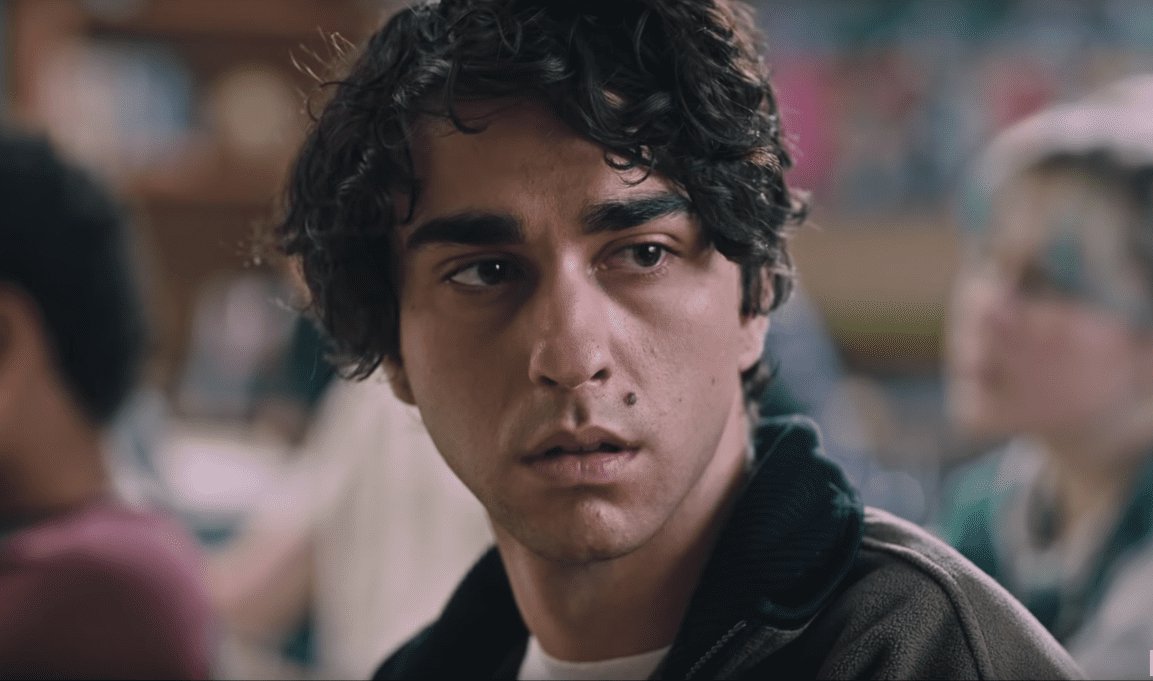
In a video by Vogue, Charithra Chandran (AKA Edwina Sharma) from Bridgerton season 2 also spoke about how she has been advised to prioritize her mental health by her peers and colleagues. And that she does just that by going to therapy and maintaining her mental hygiene.
And if you or someone you know are suffering from depression, suicidal thoughts, or just need someone to talk to, remember that help is just a phone call away. Reach out to the following helplines in India. BMC mental health helpline: 022-24131212 (available 24X7), Vandrevala Foundation: 186-02662345/180-02333330 (24×7) or AASRA: 91-9820466726 (available 24X7).




